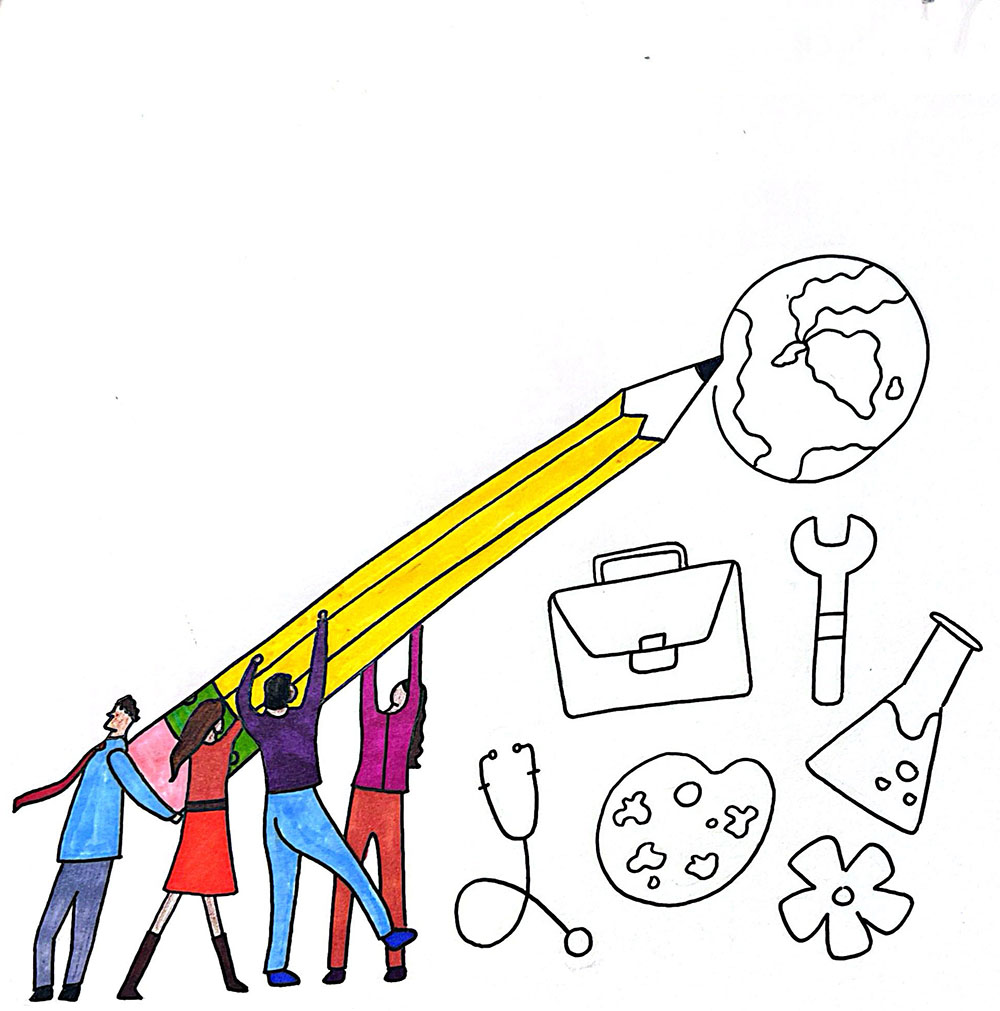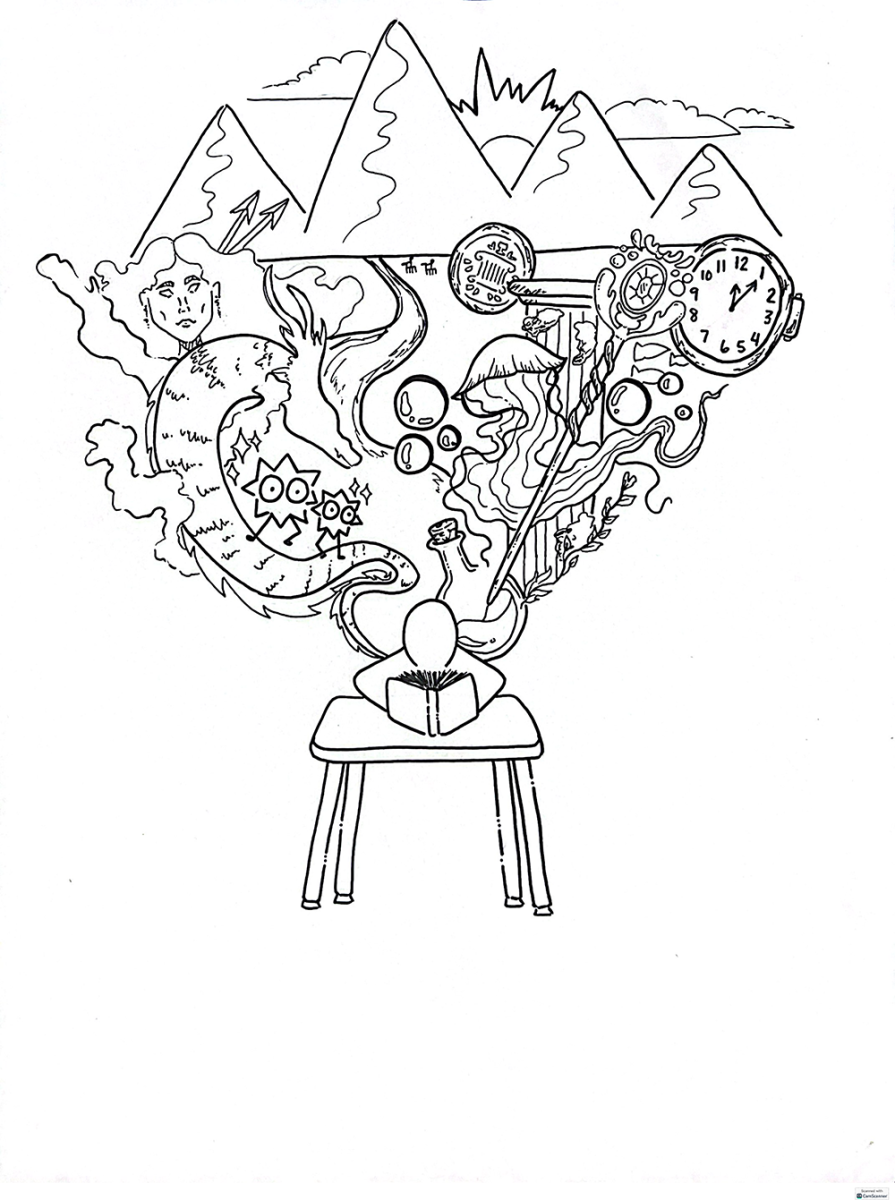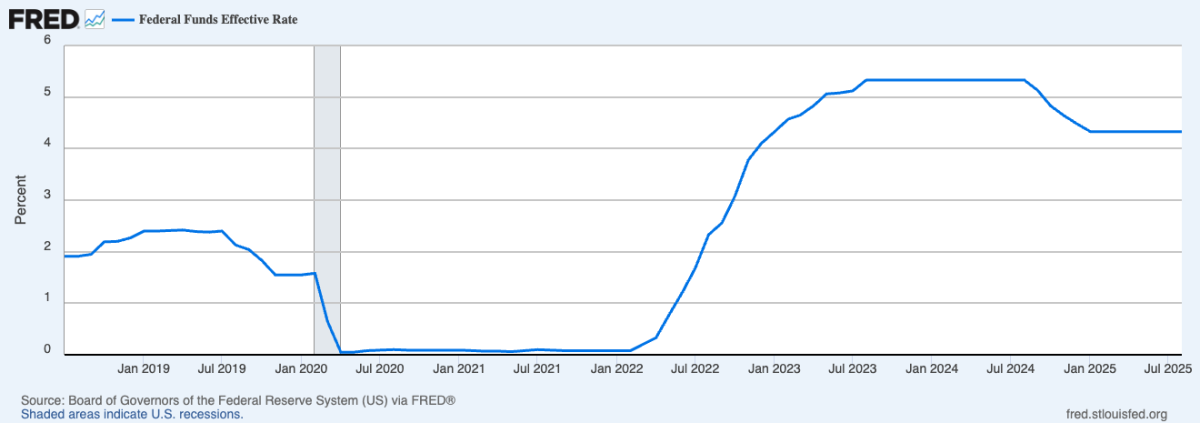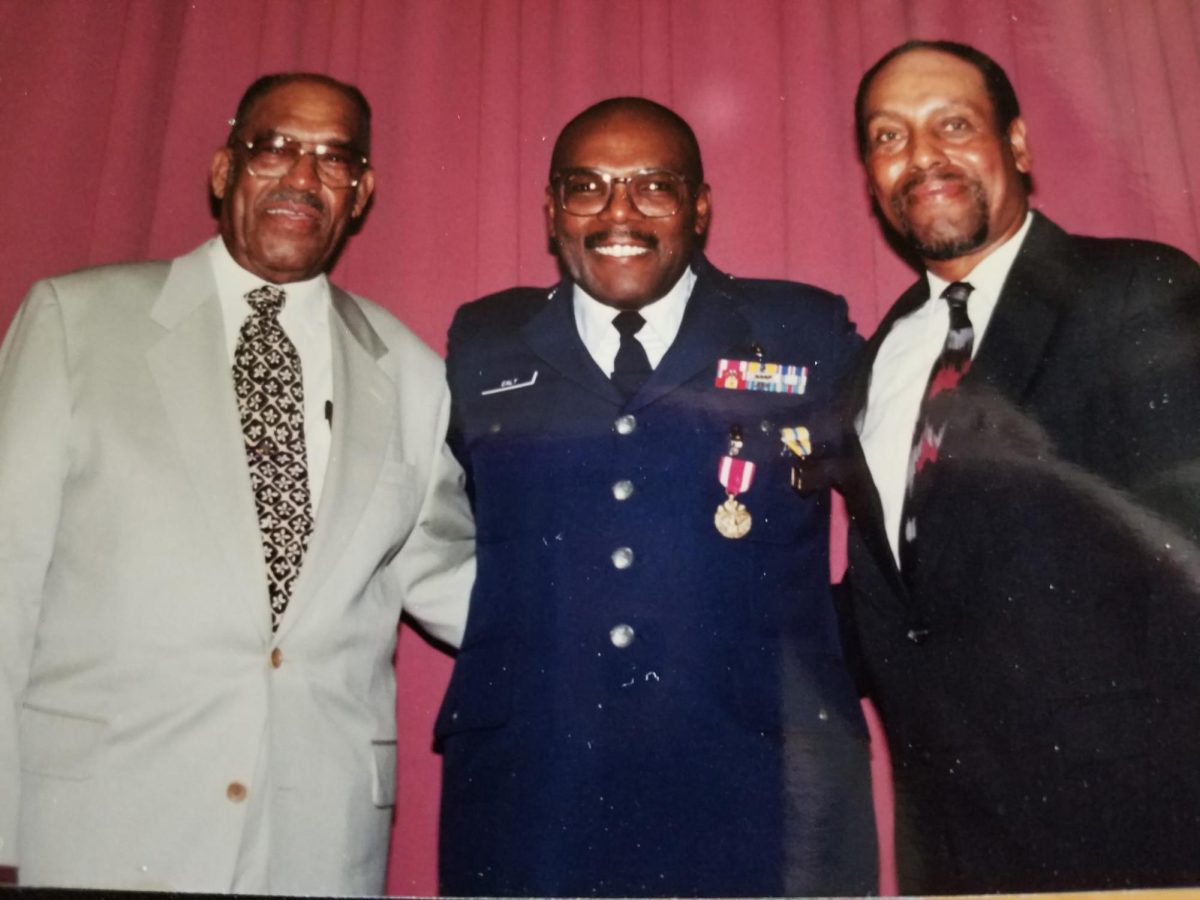
By Natan Kohn-Magnus
I’ve been climbing for at least an hour and a half, so why does the top look so far away? The sun is scorching me; I’m grateful I listened to my counselors and brought along a hat. Gingerly, I place foot in front of foot, watching where I step in order to ease the pain that all this hiking has caused. Finally, I reach the top. Most people would be satisfied with sinking into the ground and enjoying the magnificent desert view, but not me. The sun was not yet high in the sky, the perfect time to say Shacharit, the Morning Prayer. I wrap on my t’fillin (phylacteries), their black leather straps already warming in the intense desert heat, and take a moment to appreciate the moment. I think to myself: this is what makes life exhilarating.
This experience was just one of many wonderful examples that I had on my summer program this past year, Nesiya (journey). The six week program in Israel was designed to expose its diverse participants to our different opinions and backgrounds and then have us build a community together. It was an extremely trying period. I had grown up with a set of values and beliefs and here I was, being challenged in my every thought and forced to sit through it respectfully. I wanted to defend myself, explain why I was right and they were wrong. And then it hit me: The world doesn’t need to function in absolutes. We can have significant differences and still co-exist… understand one another and still be who we are.
This point was epitomized by my Bedouin encounter later in the program. More than cultural differences separated us; there was mutual disdain born of unfortunate stereotypes. But within two days that disdain had turned into respect and even blossomed into friendship. Through patience and respect, I was able to gain insight from those who have been painted as my enemies. I was able to make an independent decision, enter with an open mind, and leave with a sense of a culture that few experience. Nesiya challenged my worldview, yet the more I examined my own beliefs, the stronger they became. It left me with a drive to learn and understand others and make respect a routine practice.
Many people talk about the lasting impact of a particular experience while its significance slowly withers away. It is true that I have already fallen out of contact with some of my peers and am already forgetting some of the things we did on this life-altering program. But the program wasn’t about specific experiences or friendships. Rather, it was about giving us skills for thoughtful introspection, respecting others, and having a lasting impact on your community. I have taken the principles I learned on Nesiya to heart. It gave me an external drive for human rights advocacy, as well as a personal drive for self-improvement.
As soon as I got home, I began acting in a more respectful manner towards my peers. I also became much more active in my community by volunteering, becoming active in Amnesty International and running the Jewish Student Union at my school, where anyone can come in to learn about diverse Jewish cultures. Nesiya gave me an added purpose, a sort of calling to put respectful dialogue into practice. I realized the potential of human understanding to overcome our differences, and I vowed to implement these ideas on both personal and professional levels.








